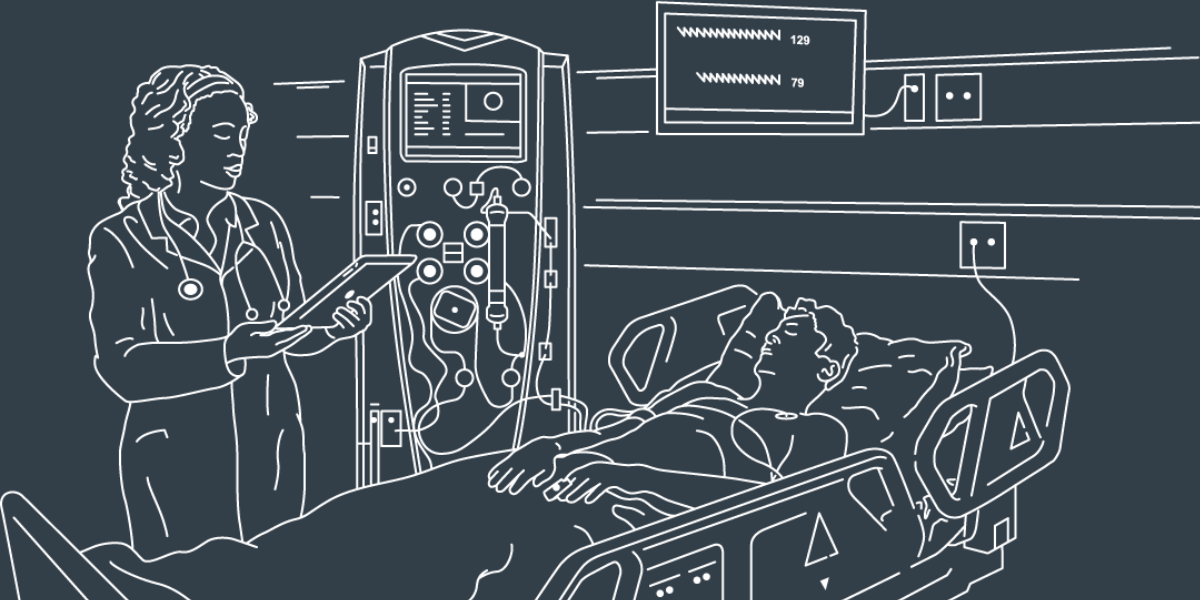Guiding a systems approach
An AAIP demonstrator project led by Dr Mark Sujan involved collaboration with key stakeholders, including the Chartered Institute of Ergonomics and Human Factors (CIEHF), the Australian Alliance for AI in Healthcare (AAAiH) and the Society for Health Care Innovation (SHCI).
The team developed a white paper that outlines eight principles to guide the design, development, regulation, and use of AI in healthcare:
- Situation awareness
- Workload
- Automation bias
- Explanation and trust
- Human-AI teaming
- Training
- Relationships between staff and patients
- Ethical issues
The white paper highlights issues that developers and regulators of AI may face and offers guidance on how these challenges can be overcome.
One such challenge is how to harness the strengths of the AI tool and the human clinicians when they work together as a team. The white paper emphasises the importance of shared goals and the benefit of utilising teamwork models, such as the Big Five model of teamwork when considering the use of AI within the team.
Three supporting mechanisms are also required to achieve successful human-AI teaming. These include shared mental models, mutual trust and closed-loop communication. The combination of key behaviours and supporting mechanisms will lead to successful human-AI teaming.
Another challenge considered by the white paper is how AI tools may affect workload. The white paper offers guidance on how to assess and measure workload in different situations. This allows developers to assess the impact of different design options when embedding AI in clinical systems.
The CIEHF reports that the white paper has had around 2500 page visits and downloads in its first year of publication. This could influence the functionality of AI in healthcare, ensuring that AI tools will operate safely and effectively within clinical environments.

